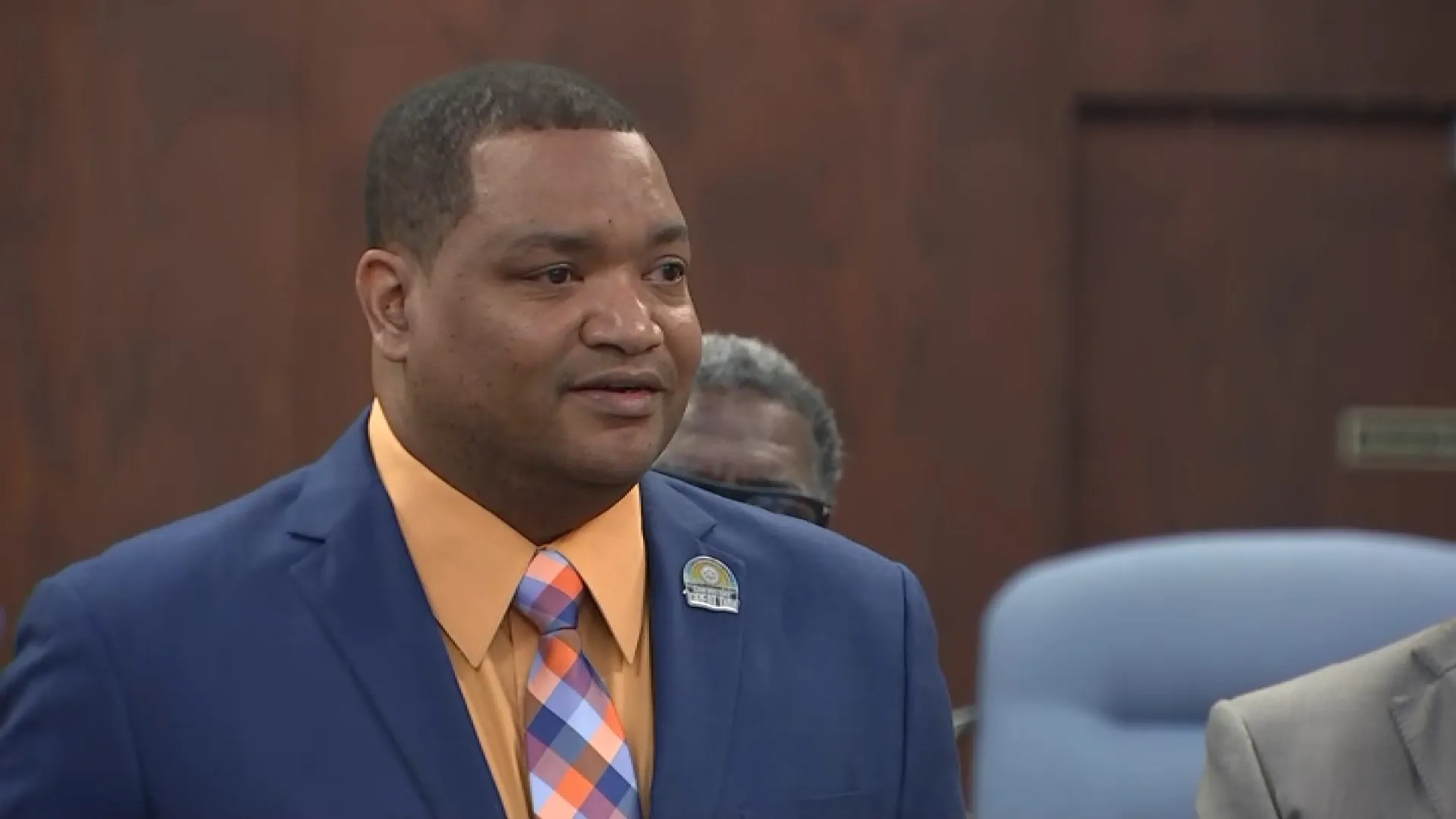Can telling a story to emergency room doctors help cut down on the number of people addicted to prescription painkillers?
A new study suggests yes.
Emergency rooms can be a place where addicts come to help facilitate their need for the next fix by faking injuries in exchange for a prescription from a doctor. Or where new, unintended addictions begin.
"The ER is really at the tip of the problem. We have a lot of patients who both have suffered the consequences of overdose and addiction to prescription drugs, particularly opioids and painkillers," said Dr. Zachary Meisel, assistant professor of Emergency Medicine at Penn Medicine. "We also have a lot of patients with pain who need painkillers."
Conducted in Philadelphia by Meisel and a team of researchers, the study looked at how well doctors remembered guidelines for prescribing addictive painkillers, also called opioids, like oxycodone and Vicodin, when they read a story about a patient versus when they were given a summary of those recommendations.
"ER docs are sort of right in the nexus of this problem where we have to figure out how to treat pain, but we also need to be very wary of potential for abuse and diversion and overdose," the doctor said. "We’re going to use stories, what we call evidence-based narratives, to get people and physicians in particular to pay attention."
Meisel and his team took 82 emergency room doctors from the city. They had half of them read a statistic-heavy summary of prescribing guidelines. The other half read a story about a man who came into the emergency room experiencing back pain.
Local
Breaking news and the stories that matter to your neighborhood.
In the story, the man complained that his pain persisted, despite using over-the-counter painkillers like Advil and heat packs. Researchers also weaved in five of the opioid prescribing recommendations, including a check of the man’s prescription history in a state database, prescribing a low dose of painkillers and fully explaining the risks of addiction that come with using the drugs.
Two hours later, following lectures on other topics, the doctors were asked to remember what they read and write it down. Meisel says the study found the doctors who were told the story remembered at least one more guideline than physicians who read the summaries. On certain themes, like checking the state database, which is not available to doctors in Pa., and considering the addiction risks, the ER doctors were three times more likely to recall that information, he said.
Drug overdosing is the leading cause of injury death in the United States, according to the Centers for Disease Control and Prevention (CDC). In 2011, the most recently available data, about 921,000 visits to U.S. emergency rooms involved the non-medical use of anti-anxiety, insomnia or opioid prescription medications, the CDC found.
The Penn Medicine research team believes this is the first study of its kind to be conducted with doctors. Meisel says the storytelling method of delivering critical information has the ability to make doctors more vigilant about how they prescribe these drugs. It also opens the door for helping physicians remember guidelines in a way they historically have been skeptical of for fear the story may not have relevant statistics, according to the Meisel.
"Marketers and private sector entities use stories all the time to get people to pay attention and make ideas sticky," Meisel said. "In medicine, we are behind the eight ball, I believe in this concept."
Testing the use of stories on physicians to remember guidelines was an initial study. The team is now conducting a much larger study, involving 60,000 emergency room doctors across the U.S., which aims to measure how doctors use what they learned in the stories into practice.
"We’re constantly getting recommendations thrown at us from a variety of different sources all the time," Meisel said. "I’m particularly interested in how in using this idea that there may be alternatives and innovative ways to getting physicians to pay attention to evidence-based recommendations."
Contact Vince Lattanzio at 610.668.5532, vince.lattanzio@nbcuni.com or follow @VinceLattanzio on Twitter.



